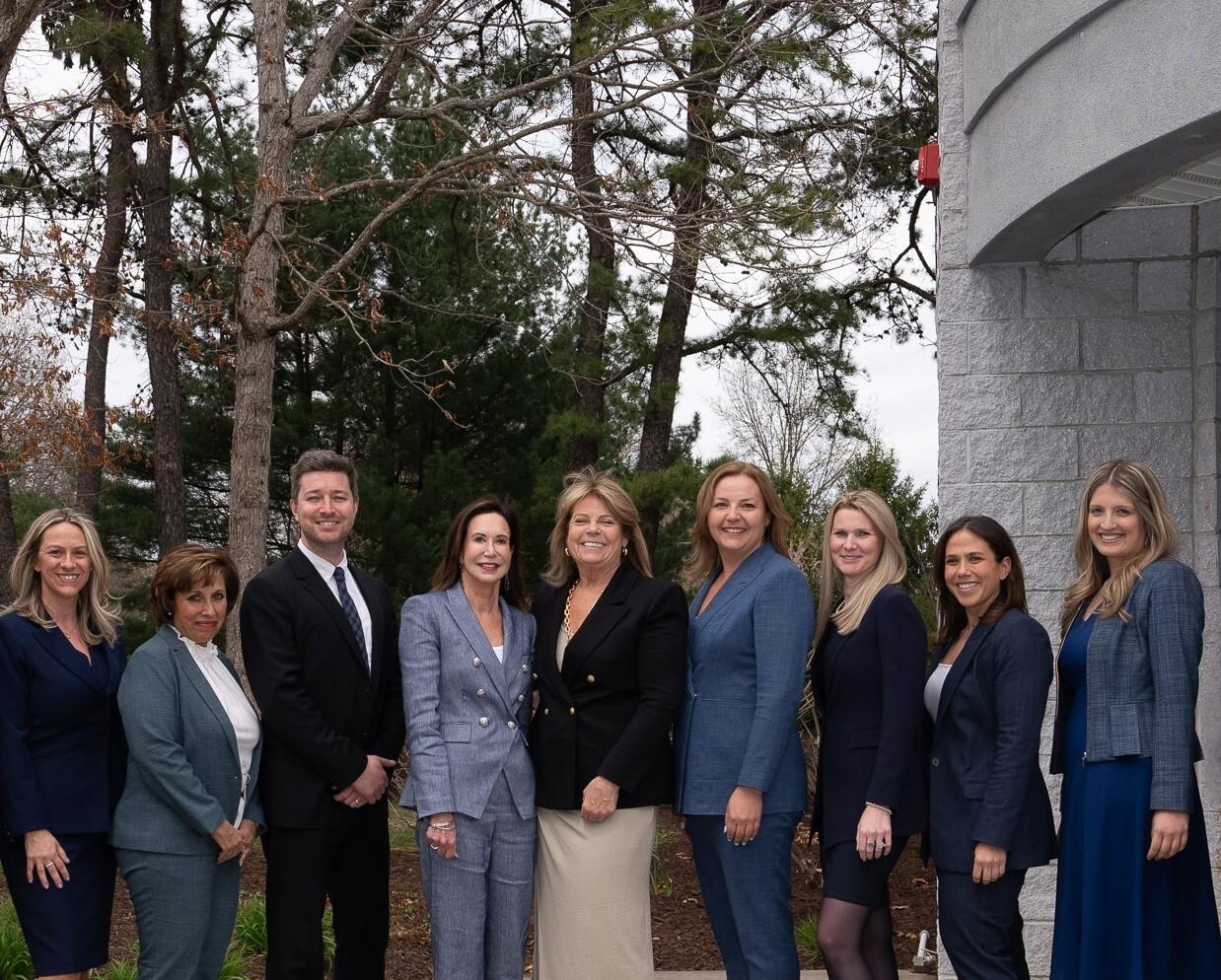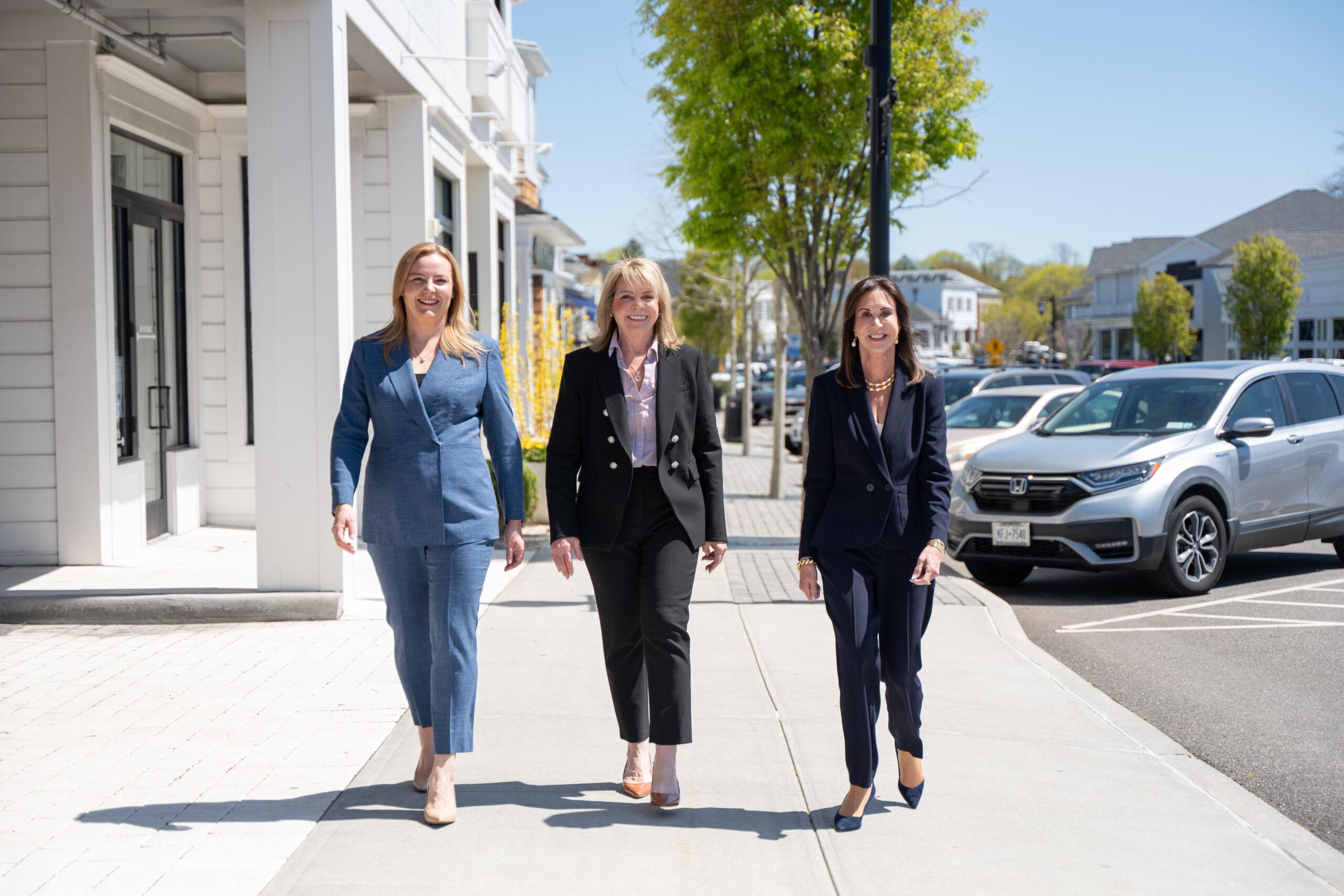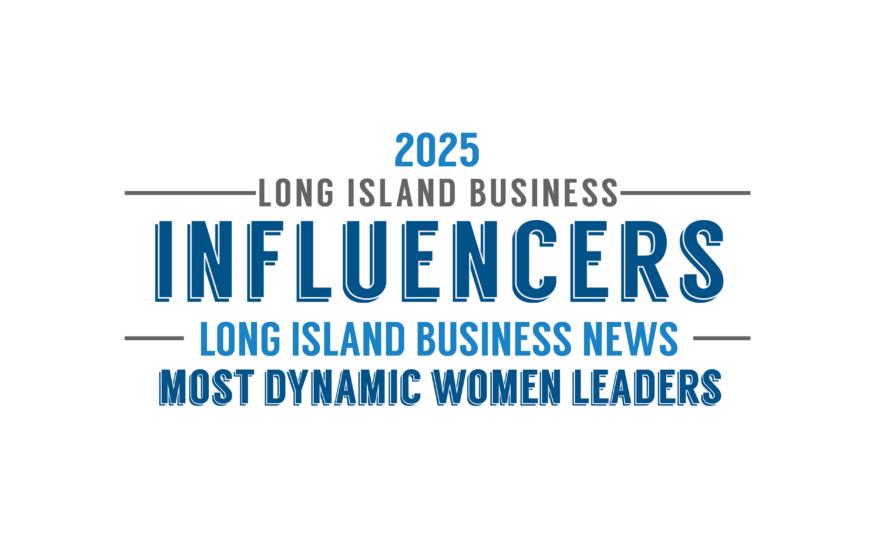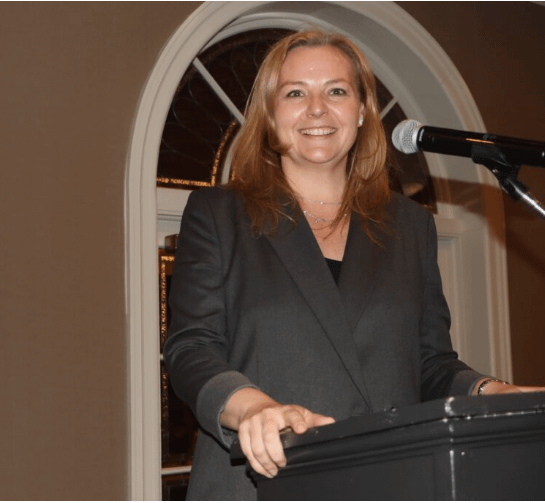
Latest News
Who Qualifies for Community Medicaid in NY?
A New Yorker interested in applying for Community Medicaid – that is, long-term care provided by home healthcare aides – must meet certain income and asset limits to qualify.

Adding a child’s name to your deed can have significant consequences, particularly if you later need nursing home care and apply for Chronic Medicaid. Medicaid eligibility rules are complex, and transfers of property can directly affect whether benefits are approved.

In most cases, the need for guardianship does not arise suddenly. It develops quietly over time, as small warning signs begin to appear and slowly become harder to ignore.

It’s important to let your attorney know what kind of protection you are looking for because the circumstances of your health and wealth will affect which plan is right for you and your spouse.

On Friday, February 6, 2026, Governor Kathy Hochul signed Senate Bill S138 (Assembly Bill A136), known as the Medical Aid in Dying Act, marking a significant shift in New York’s approach to end-of-life decision-making.

In December 2025, Governor Hochul enacted the New York Electronic Wills Act – new legislation which creates a framework for wills to be executed, attested to, and filed electronically.

Each new year brings changes from both the federal and state governments that can affect estate planning, estate administration, and elder planning.

An executor holds many important duties, and often must perform these obligations while navigating the grief of losing a loved one. Furthermore, complications such as advanced age or physical distance may make it difficult to perform the tasks required.

Different stages of life call for different goals. As 2025 ends, here are a few things to keep in mind depending on what season of life you are in.

If you are outside of New York and you need someone to make financial and/or medical decisions for you, your Durable Power of Attorney (POA) and Health Care Proxy (HCP), which are tailored to New York law, are still valid in other states.

Many parents want to transfer their home to their children during their lifetime. It may seem simple to sign a new deed and be done, but gifting real estate can have tax and legal consequences that may cost your family more in the long run.
In The Media
-
Hon. Gail Prudenti Recognized with 2025 Icon Honors by Long Island Business News
We’re proud to share that our partner, Hon. Gail Prudenti, has been named a 2025 Icon Honors recipient by Long Island Business News.
August 22, 2025 -
Burner Prudenti Law Attorneys Recognized in 2026 Edition of Best Lawyers in America
We’re proud to share that several attorneys at Burner Prudenti Law have been honored in the 2026 edition of Best Lawyers in America, one of the legal profession’s most respected peer-reviewed honors.
August 21, 2025 -
Burner Prudenti Law Featured in Forbes, Fortune, and Entrepreneur
This year marks a major milestone for Burner Prudenti Law: our 30th anniversary serving individuals and families across Long Island and New York City.
August 19, 2025 -
Hon. Gail Prudenti Named a 2025 Dynamic Women Leader by Long Island Business News
At Burner Prudenti Law, we are thrilled to celebrate our partner, Hon. Gail Prudenti, for being named one of Long Island Business News’ Most Dynamic Women Leaders of 2025.
July 15, 2025 -
Estate Planning for Blended Families: Insights from Britt Burner
Britt Burner, Partner at Burner Prudenti Law, P.C., recently spoke at a Continuing Legal Education (CLE) event hosted by the Columbian Lawyers Association of Brooklyn
May 5, 2025 -
Matthew Kiernan Named a 2025 Top Lawyer of Long Island
Matthew Kiernan, Esq. was honored as a 2025 Top Lawyer of Long Island by RichnerLIVE Events and the Long Island Herald!
April 14, 2025
Our Blog
We’re proud to share that our Partner, Hon. Gail Prudenti, has written a featured column for Long Island Business News titled “Understanding New York’s Court of Claims.”
In the landmark case of Connelly v. United States, the Supreme Court addressed critical issues concerning the estate tax implications of life insurance proceeds used in the redemption of stock in closely held corporations.
Our criminal courts protect victims. Our civil courts provide a forum for the peaceful resolution of disputes. Our family and surrogate’s courts guide families through what may be the most traumatic experience of their lives.
As we reflect on the complexities of family law, let us work together to support our justices, understanding the weight of their responsibilities and the importance of their decisions.
The Medicaid Asset Protection Trust (“MAPT”) is alive and well in the Elder law practitioner’s toolbox and is the best option for protecting real property.
The federal government and the marketplace are undergoing revolutionary changes that will inevitably transform the business of law and operation of courts. The question arising from the uncertainty is, how so?










